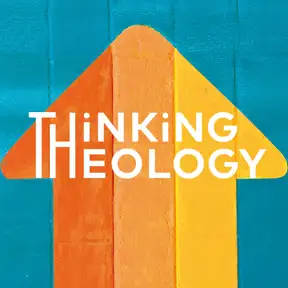Creation and Science
In that last episode of Thinking Theology we began to look at the actions of God, and we began with God’s act of creation. God created everything that is, on his own, without help from anyone else. He made the world for his own sake and purpose. He made it by speaking. He made it good. It’s separate from him but it depends completely on him for its continued existence. God’s creation of the world also establishes his authority over us and our obligation to him.
But what we didn’t get to consider is how the Bible’s account of creation fits with modern science. Genesis 1 says God created the world in six days but science says that the universe and earth were formed over billions of years. The Bible says God created Adam and Eve from scratch, but science says that human beings have come through an evolutionary process from bacteria.
What do we make of all that? How do the Bible and science fit together, especially with respect to creation?
In that last episode of Thinking Theology we began to look at the actions of God, and we began with God’s act of creation. God created everything that is, on his own, without help from anyone else. He made the world for his own sake and purpose. He made it by speaking. He made it good. It’s separate from him but it depends completely on him for its continued existence. God’s creation of the world also establishes his authority over us and our obligation to him.
But what we didn’t get to consider is how the Bible’s account of creation fits with modern science. Genesis 1 says God created the world in six days but science says that the universe and earth were formed over billions of years. The Bible says God created Adam and Eve from scratch, but science says that human beings have come through an evolutionary process from bacteria.
What do we make of all that? How do the Bible and science fit together, especially with respect to creation?
But what we didn’t get to consider is how the Bible’s account of creation fits with modern science. Genesis 1 says God created the world in six days but science says that the universe and earth were formed over billions of years. The Bible says God created Adam and Eve from scratch, but science says that human beings have come through an evolutionary process from bacteria.
What do we make of all that? How do the Bible and science fit together, especially with respect to creation?

